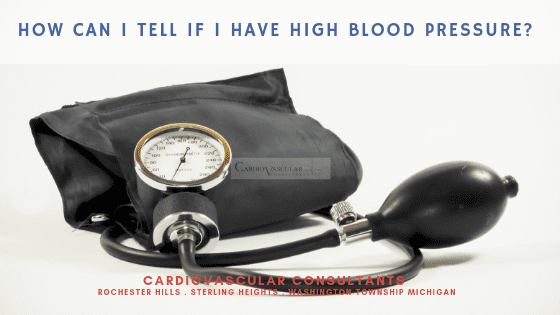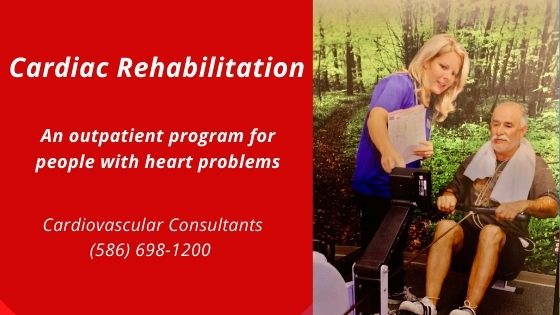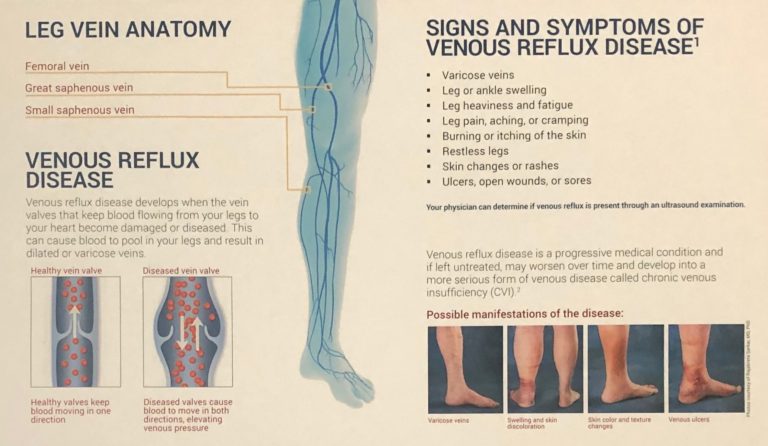One of the most prevalent health condition in the world is hypertension. It is a common and serious condition that increases the force and pressure of blood against the walls of the arteries and leads to various health issues, most commonly heart diseases.
Amount of resistance to blood flow in your arteries and amount of blood your heart pumps both are the indicators of blood pressure. Your blood pressure is higher when your heart pumps more blood or when your arteries become narrow.

Most of the time you, didn’t feel any signs or symptoms of high blood pressure. Most of the time, it occurs without any symptoms and damages your heart muscles and blood vessels. Many complications are associated with uncontrolled high blood pressure, such as stroke and heart attack.
In some cases, it is possible to detect high blood pressure at an early stage. Once it is detected by various signs and symptoms you can consult your doctor for the treatment strategy.
Before discussing how you come to know that you are suffering from high blood pressure, you must understand the following terms related to high blood pressure.
What Is Prehypertension?
Prehypertension is the warning sign of being hypertensive in the future. It is stage 1 of hypertension. If you feel that you are getting signs and symptoms of high blood pressure, you must start monitoring your blood pressure on a regular basis. The reading of prehypertension gives you an indication of your current blood pressure. The systolic reading in prehypertension is 120 mmHg to 139 mmHg, and the diastolic reading is 80mmHg to 89 mmHg.
If this reading persists for longer periods, then there are more chances that you will suffer from hypertension in the future. Adults having age more than 18 years are at the risk of getting prehypertension or hypertension.
The “silent killer.”
There are no noticeable symptoms of high blood pressure in most of the cases that’s why it is called a silent killer. Severe high blood pressure can cause headache, nosebleed, and dizziness. So, it is important to monitor your blood pressure regularly.
Indications of high blood pressure
There are no apparent symptoms of high blood pressure. You could only come to know about this problem when you measure your blood pressure. Single reading or reading after exercise or any physical exertion does not mean that you are suffering from high blood pressure. Consistent high readings of blood pressure are the worry signs in many cases. Experiencing constant severe headache is the primary indicator of high blood pressure.
Frequent Symptoms
Mostly the symptoms of high blood pressure can occur at any time for an undefined period and can be repeated. Most of the people come to know about their disease at the doctor’s office. There are temporary fluctuations in the symptoms of high blood pressure. Frequently occurring symptoms include
Headaches
Headache is the most common symptoms of high blood pressure. If you are suffering from severe high blood pressure, then you must consult your doctor. High blood pressure and headache are interlinked, headache can be mild, moderate, or might be throbbing in nature.
Dizziness
Dizziness and feeling tired and fatigued are among the other symptoms of high blood pressure. If the onset of dizziness is sudden, then it must not be ignored, if it affects your walking, then it may lead to stroke.
Shortness of breath
Shortness of breath can be seen in people suffering from high blood pressure. It is the result of the effect of the heart on the function of the lungs. Shortness of breath is common with exercise and physical exertion.
Nosebleed
Nosebleed is not the typical symptom of high blood pressure, but some time due to high blood pressure nosebleed occurs.
Rare Symptoms of high blood pressure
Extremely high blood pressure occurs suddenly produce visible symptoms than chronic hypertension. Sometimes very high blood pressure does show any symptoms. Severe high blood pressure may show some quick symptoms like
Blurry vision or other vision disturbances
Changes in vision and blurred vision are the warning signs of high blood pressure and may lead to severe health problems, including heart attack or stroke.
Nausea, vomiting or loss of appetite
Nausea, loss of appetite, and vomiting are linked with dizziness feelings and maybe develop suddenly.
Blood spots in the eyes
The appearance of blood spots in the eyes is mostly related to high blood pressure. But, most commonly, it is related to damage of optic nerve and also occurs in people who have diabetes.
High blood pressure A WakeUp Call
High blood pressure would be a wakeup call for you if you came to know that you have it. Also, blood pressure in prehypertension is also not healthy. There are more chances of various health complications when you have high blood pressure.
People having high blood pressure have four times more chances of occurrence of heart diseases than people having normal blood pressure.
The significant alarming aspect of high blood pressure is that it is not confirmed to you that you are suffering from it or not. It is mostly come to know from a close family member who is suffering from this condition.
Extremely high blood pressure is a clear warning sign of unhealthy physique and future complications. These signs include
- Pain in chest
- Breathing difficulty
- Irregular heartbeat
- Severe headache
- Confusion or Fatigue
- Eye problems
- Blood in the urine
- Pounding in your chest, neck, or ears
Risk factors of high blood pressure
There are various risks of high blood pressure that cannot be changed, and if you become the victim of high blood pressure then you cannot avoid this, but the only way is to manage the disease by diet, exercise, and medications.
- Age
- Race
- Family history
- Being overweight or obese
Other risk factor includes
- Physically inactive or lack of exercise
- Use of tobacco
- Too much sodium in your diet
- Low potassium in your diet
- Drinking alcohol
- Stress
- Certain chronic conditions
If you ever experience the above-mentioned symptoms in your life, then might be you are suffering from a high blood pressure of hypertension. You should consult your doctor for further management. Because high blood pressure cannot be cured, it only manages by medications, diet, and exercise.
So you have to take steps for the management if you want to live a healthy life without any further complications. As it is said that hypertension is a silent killer, so you must be aware of it.
Call now (586) 698-1200 to schedule an appointment with a Cardiologist in Sterling Heights, Washington Township or Rochester Hills, Michigan.




